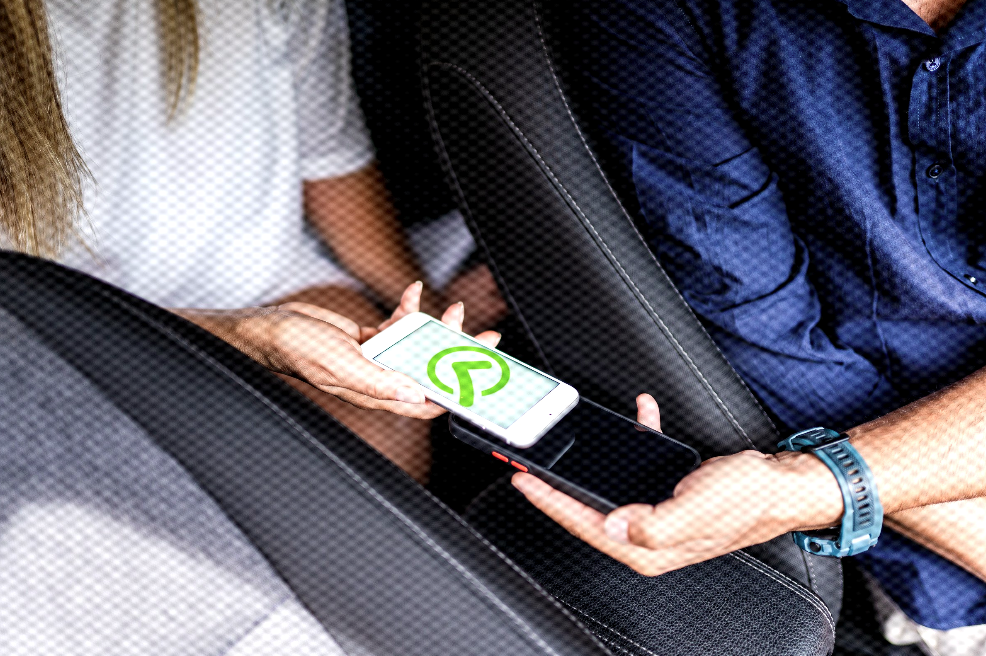How e-hailing services are tackling safety concerns in Southeast Asia
Safety reports were investigated through communications with drivers and passengers, third-party statements, route data, timing details, and police reports.

SHAH ALAM - The rise of e-hailing services has transformed transportation in Southeast Asia, making it easier for passengers to hail rides with a simple tap on their smartphones.
However, this convenience comes with a significant responsibility, ensuring the safety and security of both drivers and passengers.
Two prominent e-hailing companies, Maxim and inDrive, established robust safety protocols aimed at fostering a secure environment for all users.
According to inDrive Southeast Asia and Overseas Business Development Manager, Afanasiy Petrov, the company highlighted its zero-tolerance policy for inappropriate behaviour, such as harassment or flirting, and emphasised the swift response protocols in place for any reported incidents.
“At inDrive, we took a proactive approach to managing driver behaviour and addressing passenger concerns to ensure the safety and satisfaction of all users on our platform.
“Ensuring the safety of our drivers and passengers was a top priority. We established a robust process for handling and resolving safety-related incidents to provide swift and effective responses,” he told Sinar Daily when contacted recently.
He emphasised that violations led to immediate investigations, which could result in account suspension or permanent removal from the platform based on the findings.
Passengers could report incidents directly through the app, and a dedicated team would respond quickly.
The app also featured safety measures such as real-time trip sharing and an SOS button, ensuring a secure experience for all users.
As an initial step, Petrov stated that specialists would freeze the accounts of the alleged offender, whether the rider or driver, along with those of others involved during the internal investigation.
He said they would also reach out to the reporting party for information and support, as well as contact individuals identified by the reporting party, such as shared ride passengers.
Safety reports were investigated through communications with drivers and passengers, third-party statements, route data, timing details, and police reports.
Based on this comprehensive evaluation, inDrive would determine the best way to support those involved and decide on the appropriate actions.
Typically, he added that individuals accused of serious incidents were permanently removed from the community to prevent them from riding or driving in the future.
He stressed that their cooperation with law enforcement was structured to protect the personal information of riders and passengers while ensuring compliance with relevant laws.
"We require a valid legal request before disclosing personal information to law enforcement," he added.
"Specialists might provide further resources, such as access to psychological support, for those reporting safety incidents to inDrive,” he said.
Petrov reiterated that the safety and security of passengers and drivers were top priorities.
To this end, inDrive implemented crucial measures, including driver verification, real-time ride tracking, and an SOS feature within the app.
They also actively monitor user feedback and reviews to continuously enhance the safety and reliability of their services.
Meanwhile, Maxim Malaysia director Mohd Hazwan Musley stressed the company's strict safety and security policies for all users.
“Maxim E-hailing did not tolerate harassment or any sexual-related offences. This was stated in the rules of operation.
“If they were violated, the driver was subject to penalties, up to and including termination of cooperation.
He revealed that the app featured an SOS button for emergencies, allowing users to connect with emergency services (999), Maxim’s customer service, and their pre-selected family or friends.
This "triple protection" system, Hazwan added, enhanced user safety, making them feel more secure during rides.
The three offered a triple-layer protection system, allowing users to connect with 999, customer service for live assistance, and pre-selected family or friends in case of emergencies.
“After the order was complete, passengers had the right to share their journey with us through feedback, and we had a user feedback department that monitored it,” he added.
After each ride, passengers could share feedback, which was monitored by a dedicated team.
Negative feedback prompted immediate action, with drivers potentially called in for review and sanctions.
Maxim also operated physical offices in various Malaysian cities, where users could report issues directly.
When asked whether young drivers were more prone to misconduct, Hazwan clarified that behaviour depended on upbringing, not age.
He also highlighted that driver evaluations impacted their ratings, and higher ratings led to more opportunities and income, encouraging drivers to maintain quality service and follow company rules.










